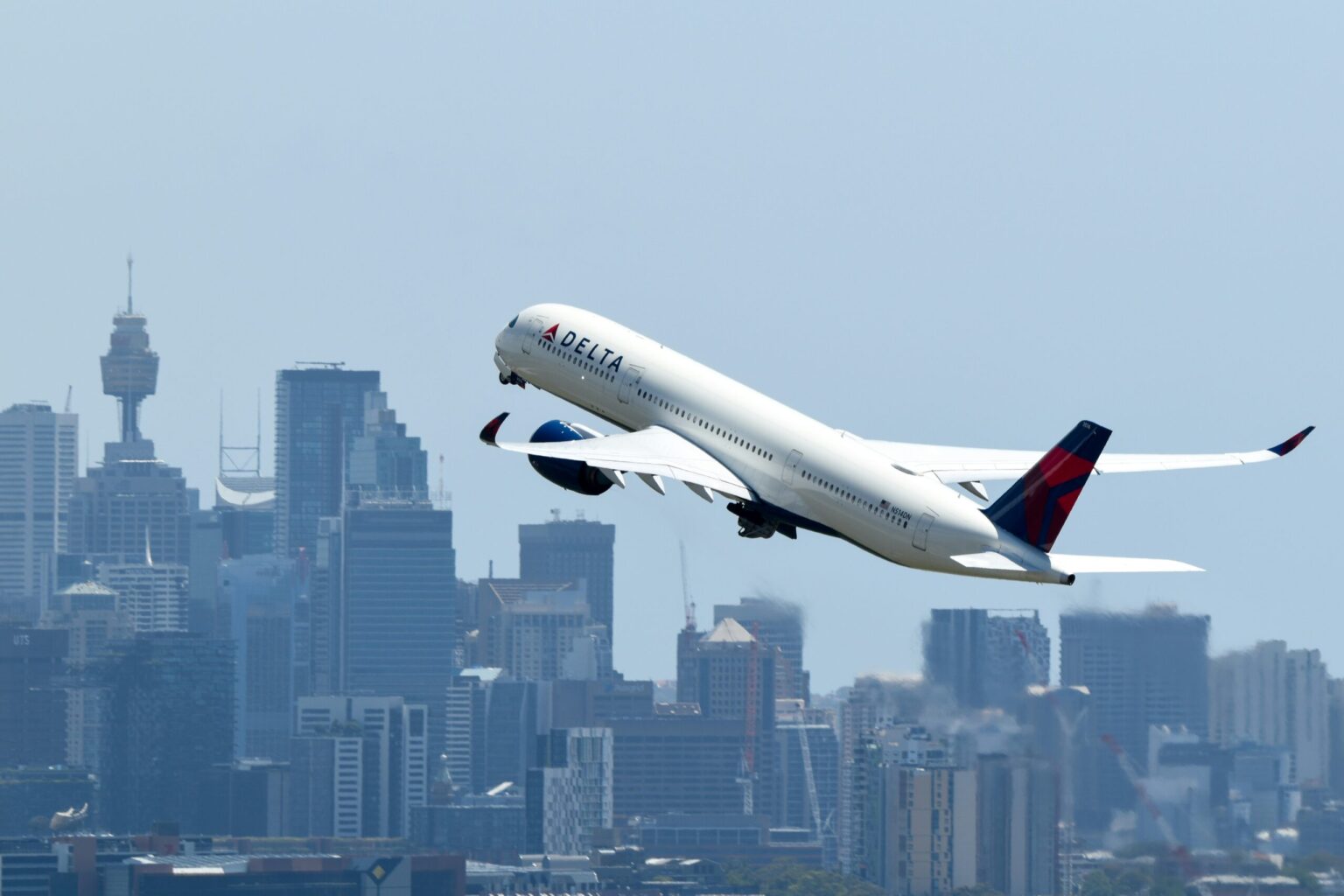Delta Air Lines experienced a significant operational breakdown on July 23, 2024, when a widespread IT outage brought the airline’s operations to a standstill. The disruption resulted in the cancellation of over 7,000 flights and impacted approximately 1.3 million passengers. The issue, attributed to a faulty software update from cybersecurity provider CrowdStrike, has sparked federal investigations and raised concerns about the growing vulnerability of the airline industry’s reliance on digital systems.
Widespread Chaos at Airports
On the morning of July 23, passengers flying with Delta were met with chaos as the airline’s computer systems unexpectedly shut down. The failure affected various critical operations, including flight scheduling, check-in procedures, and baggage tracking systems. As a result, travelers found themselves stranded at airports across the country, unable to check in, board flights, or retrieve their luggage. The failure was unprecedented in its scale, creating a ripple effect that affected both domestic and international travel.
The Root Cause: A Faulty Software Update
The disruption was eventually traced back to an update from CrowdStrike, a cybersecurity company responsible for providing endpoint protection for Delta and several other major corporations. This update inadvertently caused severe system failures that crippled the airline’s ability to manage flights and communicate with passengers. This software glitch raised serious questions about the robustness of the airline’s IT systems and the potential risks posed by over-reliance on third-party providers.
Delta’s Response and Federal Investigations
In response to the disaster, Delta CEO Ed Bastian issued a public apology to passengers and promised a thorough investigation into the root cause of the failure. The airline also began offering refunds and travel vouchers to affected passengers. However, many travelers were already facing significant disruption, with long delays and limited communication from the airline during the ordeal.
The U.S. Department of Transportation (DOT) launched an investigation to determine whether Delta had adequate backup systems in place to prevent such a widespread failure. Federal officials expressed concern about the airline industry’s growing dependence on third-party cybersecurity services and the lack of sufficient safeguards to avoid similar incidents in the future.
Lessons from Previous Failures
This latest IT outage is not the first time Delta has encountered such issues. A similar system failure occurred in 2017, which also resulted in the cancellation of hundreds of flights. While the airline has invested heavily in its IT infrastructure since then, this latest incident highlights the vulnerabilities that still exist within its digital systems. It also underscores the importance of robust disaster recovery plans and the need for multi-layered protection against cyber threats.
Industry-wide Wake-up Call
Industry experts are now calling for airlines to rethink their approach to IT security and system resilience. They argue that it is essential for airlines to reduce their dependence on a single technology provider and to invest in more comprehensive disaster recovery plans. As air travel demand continues to increase, ensuring the reliability of IT systems is crucial for maintaining both consumer trust and operational stability.
In the aftermath of this incident, Delta has committed to reassessing its IT infrastructure to prevent similar failures in the future. However, this event serves as a wake-up call for the entire airline industry, highlighting the need for more robust cybersecurity measures and improved system redundancy to safeguard against unforeseen disruptions.
